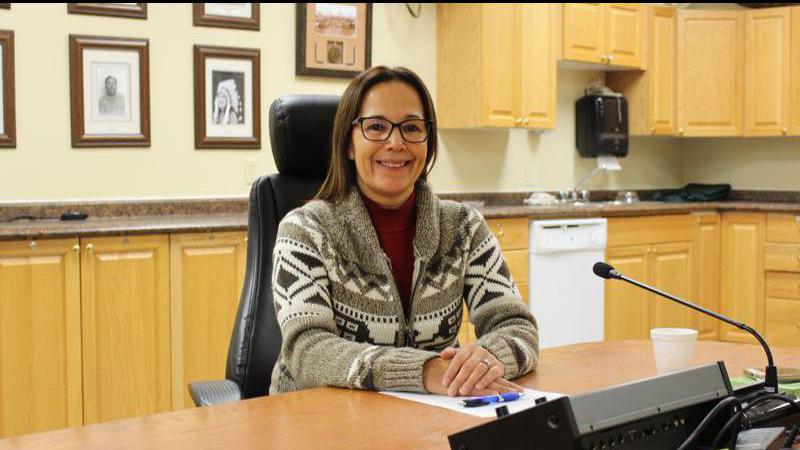
Hockey wife’s blog post highlights concerns over vaccine misinformation: experts
MONTREAL — An online post by the wife of an NHL star describing her children’s “alternative” vaccine schedule highlights how easily misinformation about vaccines can be spread over social media, experts say.
Angela Price, a prominent lifestyle blogger and the wife of Montreal Canadiens goaltender Carey Price, raised eyebrows this week with an Instagram post in which she described her family’s approach to vaccines and recommended a book written by a U.S. doctor opposed to mandatory vaccinations.
Price followed up in a lengthy blog post Thursday in which said she isn’t anti-vaccine and that her kids received all the necessary shots. But she said the vaccinations were spread out over a longer period than is recommended, and some were delayed until her children are older.


